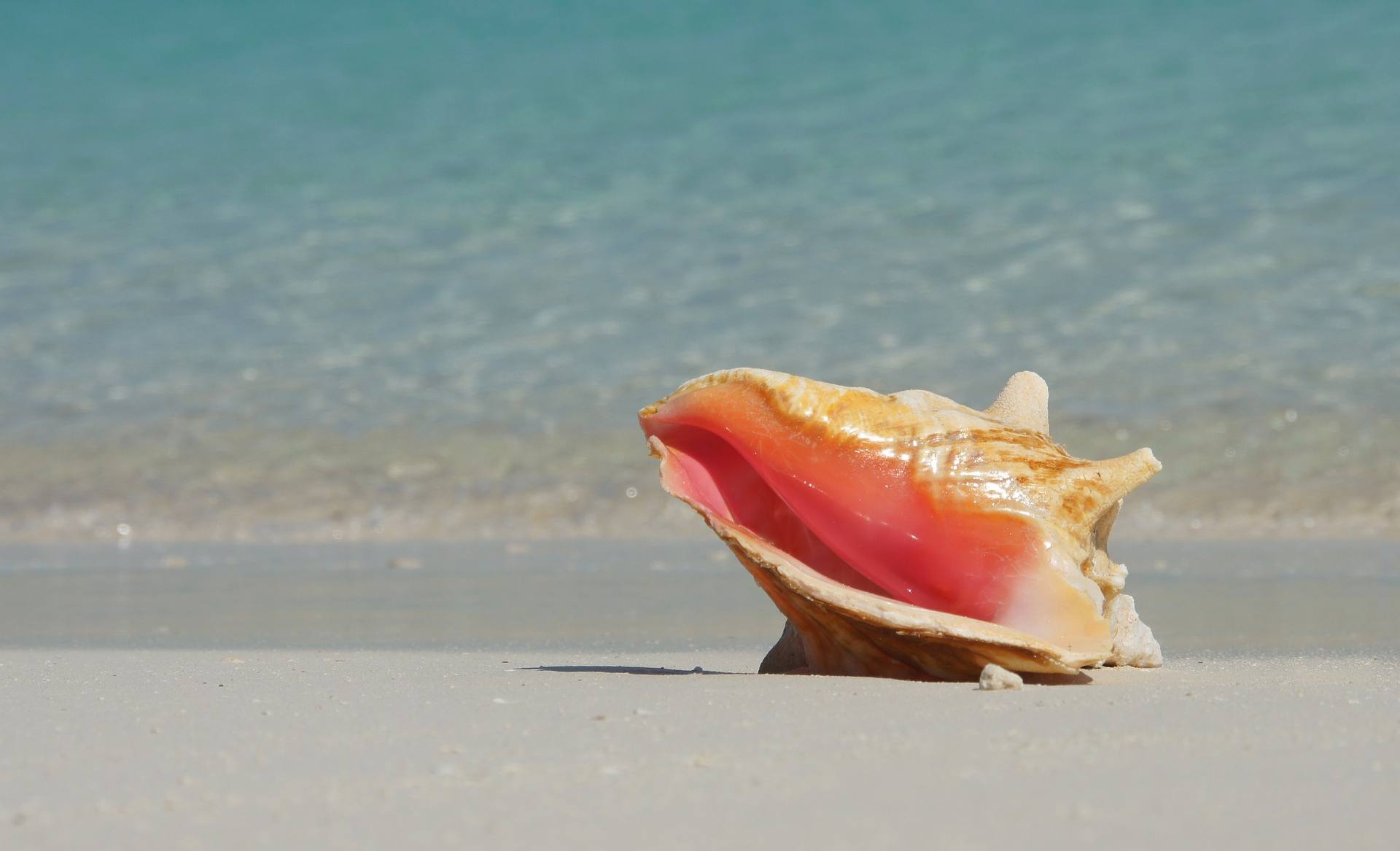OECS Launches Queen Conch ‘Blue BioTrade’ Project
OECS Media Release
Friday, October 9, 2020 — During a virtual ceremony held Wednesday, October 8, 2020, the Commission of the Organisation of Eastern Caribbean States (OECS) in cooperation with the United Nations Conference on Trade and Development (UNCTAD), with support from Secretariat for the Convention on International Trade in Endangered Species of Wild Fauna and Flora (CITES), unveiled the UNCTAD-OECS Blue BioTrade Project. This project is funded (amongst others) by the European Union under the 11th European Development Fund (EDF) initiative.
The dual thrust of the project focuses on empowering small-scale coastal producers from OECS Member States to seize on the booming global demand for marine-based bio-resources such as the Queen Conch and high-value algae such as sea moss. Underpinned by an emphasis on the sustainable usage and conservation of biodiversity, the ultimate aim of this critical intervention is to increase economic opportunities for coastal communities through the reduction of trade barriers to regional and international markets and an evidence and ecosystem-based approach to unlocking new value-chain opportunities in priority sectors such as: fisheries and aquaculture, marine-based pharmaceuticals and cosmetics, and coastal tourism.
The launch of Wednesday’s project forms the preliminary phase of the broader UNCTAD-OECS Blue BioTrade intervention and will focus specifically on the iconic queen conch.

While global demand continues to surge, small-scale coastal producers in the Eastern Caribbean are not fully seizing the opportunities offered by sustainable conch markets. In many locations, early uncontrolled harvesting has resulted in overfishing, illegal landings, and a rapid deterioration of natural endowments. Supply-side issues include the absence of traceability systems, limited landing and trade data, poor understanding and usage of CITES processes and permits, and a lack of common handling practices and sanitary standards. From a trade perspective, limited access to markets – in particular, to international buyers – and the absence of certification schemes for producers are some of the challenges ahead.
In this context, the project aims to empower small-scale coastal producers to produce and trade queen conch products sustainably through the application of Blue BioTrade principles and criteria. By conducting stakeholder-owned value chain assessments in the pilot project countries of St. Vincent and the Grenadines, Grenada, and Saint Lucia and developing a Blue BioTrade regional plan of action, the project will enhance stakeholder capacity to identify sustainable and gender-inclusive business opportunities and formulate actions to apply Blue BioTrade principles and criteria into existing value chains.
Additionally, research findings and evidence-based policy solutions will be mainstreamed globally will serve as a basis for delivering tailor-made capacity building activities in the 3 countries. This will ensure that small-scale coastal producers within and beyond these countries benefit from enhanced sustainable production and trade opportunities in the queen conch value chain.

The OECS wishes to thank its partners UNCTAD, CITES, the European Union and the respective governments and fisheries departments of St. Vincent and the Grenadines, Grenada, and Saint Lucia for their commitments towards implementing this exciting project and harnessing the economic opportunities inherent in the effective stewardship of Caribbean marine resources.
More information on the project is available at: https://unctad.org/project/blue-biotrade-promoting-sustainable-livelihoods-and-conservation-marine-biodiversity
Stephen Fevrier
Lench Fevrier
OECS Communications Unit
